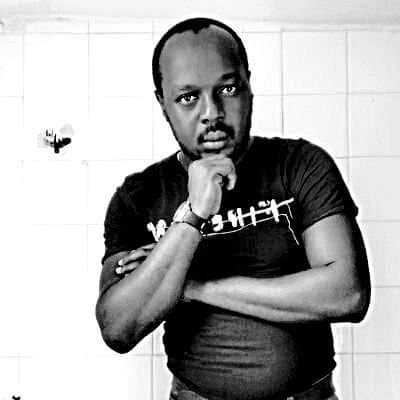Nigerian youths are one of the most innovative and creative in Africa or do I say in the world. Having worked and reported the “doings” in the Nigerian startup ecosystem for a decade plus. With wide experience working and reporting the small and medium enterprises (SMEs) for years now, one thing that you can’t take away is the resilience and never-give-up attitude of the Nigerian youths in the startup ecosystem. But the snag is this; the Nigerian youth or founder is always short-changed during the time the investor comes to town to invest in his pet project especially the indigenous investor.
A lot of these young turks have decided to avoid Nigerian investors and do their thing by bootstrapping until when a foreign investor shows up. This has created a lot of capital flight for Nigeria when the businesses take off eventually. We have seen a lot of indigenous Fintech that were invested by foreign partners only to have their head office somewhere in USA or Europe while make their money in Nigeria while the local investor mopes.
With the reputation of these indigenous investors, bootstrapping is the order of the day. Shopify defined Bootstrapping as a term used in business to refer to the process of using only existing resources, such as personal savings, personal computing equipment, and garage space, to start and grow a company.
Having resilience spirit is one thing and ability to scale the business in another. A lot of Nigerian youths have seen their vision and businesses go down due to their relationship with local or indigenous investors in the country. With few of them understanding with the start ups or young business founders. Majority of the investors do not have the patience for a full incubation of ideas and growth of these businesses.
Ever wondered why most businesses that had oversea investors from the USA and Europe thrive more than the ones that have local investors. About two tenth 2/10 of most of the businesses that Nigerian investors put their monies crumble before their second or third year. The simple reason is patience and inability to buy into the founder’s vision.
A lot of Nigerian investors have their eyes on their monies, return on investments (ROI) and not the vision of the founders. They get impatience after 12 months of no return. They carry their quick-quick mentality to the start-up ecosystem forgetting that the vision is the key. Without a clear-cut vision or blueprint the money will not come. When these investors don’t start making the money earlier, they put undue pressure on the young founder or in some cases vote them or frustrate them out of business.
Most of these indigenous founders are elderly and with their clout and connection, the young founder can be likened to a cockroach in the courtyard of cocks, he has no option rather than make the money. This scenario has frustrated a lot of Nigerian start-up that they close shop and travel out or go back to salaried job thereby closing businesses that would have employed and mentored other youngsters.
According to Businessday Online, it describes patience in a nutshell “Private equity is not for people looking to make a quick cash. This is a long-term asset for those looking for long-term appreciation. If you can’t wait at least 5-7 years before seeing a payoff, take your money elsewhere. The higher return should make up for the lack of liquidity….Don’t assume private equity is a one-size-fits all investment – it comes in all shapes and sizes, and in all risk profiles. A private equity investment could be a venture capital/start up situation or just as easily an established business. Figure out which side of the game you want to play on.”
ANTHONY EMEKA NWOSU
Ever wondered why most businesses that had oversea investors from the USA and Europe thrive more than the ones that have local investors. About two tenth 2/10 of most of the businesses that Nigerian investors put their monies crumble before their second or third year. The simple reason is patience and inability to buy into the founder’s vision.




